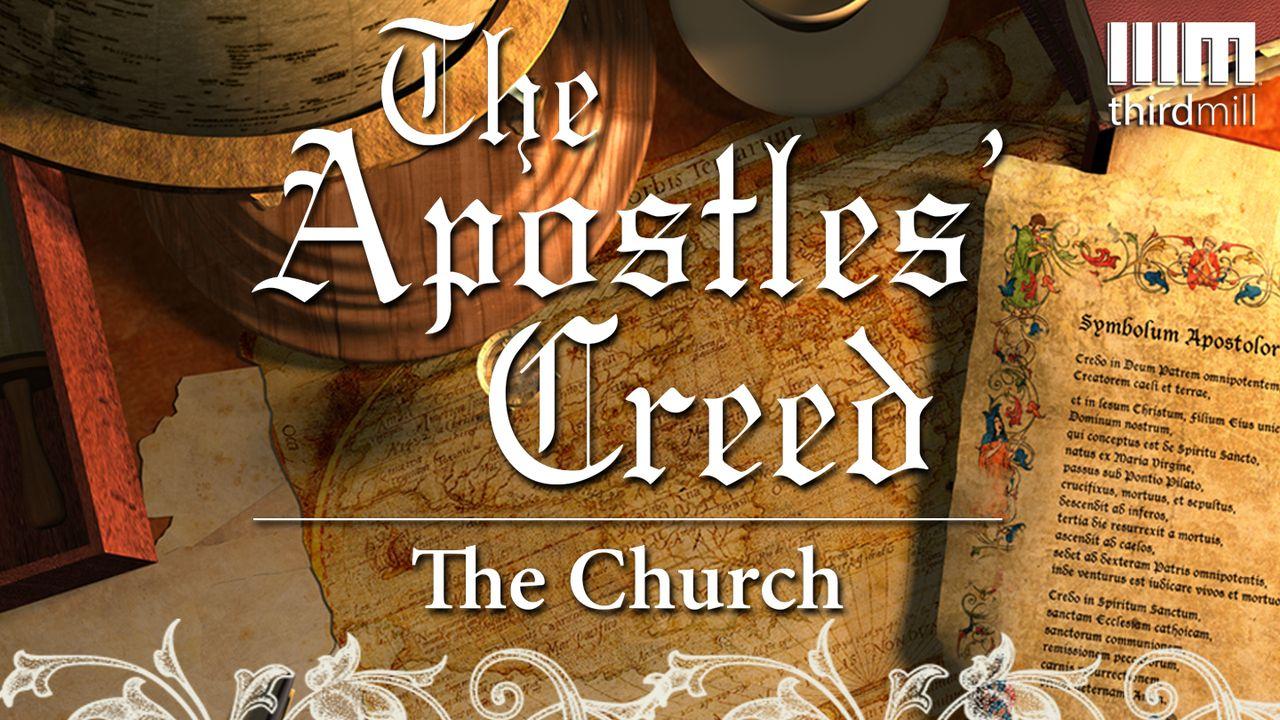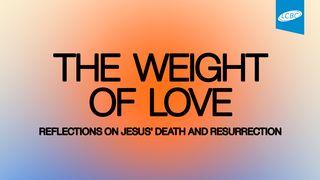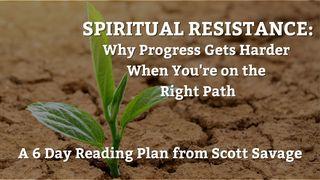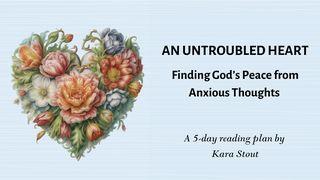The Apostles’ Creed: The ChurchSample

Definition of the Church: Acts 7:38
The New Testament speaks many times of the church using the Greek word ekklesia. But this term was derived from the Septuagint, the Greek translation of the Old Testament. In the Old Testament, ekklesia and its Hebrew counterpart are frequently used to identify the gathered nation of Israel. We see this in Deuteronomy 9:10, 31:30; Judges 20:2; 1 Kings 8:14; Psalm 22:22, 25; and many other places.
Even in the New Testament, where ekklesia has become a technical term referring to the church, the word is still used to refer to the assembly of Old Testament Israel. For instance, in Acts 7:38, we read these words in Stephen’s speech to his murderers:
[Moses] was in the assembly in the desert, with the angel who spoke to him on Mount Sinai, and with our fathers; and he received living words to pass on to us (Acts 7:38).
Here, the Greek word translated assembly is ekklesia, which is more commonly translated “church.” This indicates that the assembly of Israel was the Old Testament equivalent and predecessor to the New Testament church.
And in 1 Peter 2:9, Peter also called the church by names that applied to Israel in the Old Testament. Consider what he wrote:
You are a chosen people, a royal priesthood, a holy nation, a people belonging to God (1 Peter 2:9).
Here, Peter quoted from several Old Testament passages that spoke of the nation of Israel. And he applied Israel’s special names to the New Testament church. In this way, he indicated that there are important continuities between these two groups.
If we think about a text such as 1 Peter 2 where Peter applies a whole series of titles that were originally given to Israel in the Old Testament now to the church: “You are royal priesthood, a holy nation, a people belonging to God.” We see that Peter is teaching a group of churches in a variety of regions who are predominantly Gentiles to see themselves as really the fulfillment of God’s promises to Israel, and to recognize that that is their identity. – Dr. Dennis Johnson
Scripture
About this Plan

This reading plan looks at the divine sanction of the church, and at the facts that the church is holy, catholic or universal, and a communion.
More
We would like to thank Third Millennium Ministries for providing this plan. For more information, please visit: http://thirdmill.org
Related Plans

The Weight of Love: Reflections on Jesus' Death and Resurrection

The Plans He Has for Me

Spiritual Resistance: Why Progress Gets Harder When You're on the Right Path

Breathe Together

Debt-Free by 31: 3 Biblical Keys That Made It Happen

Stick Together

Wonder

What Your Prayer Accomplishes

Desperate Woman Seeks Friends by Kristen Strong
